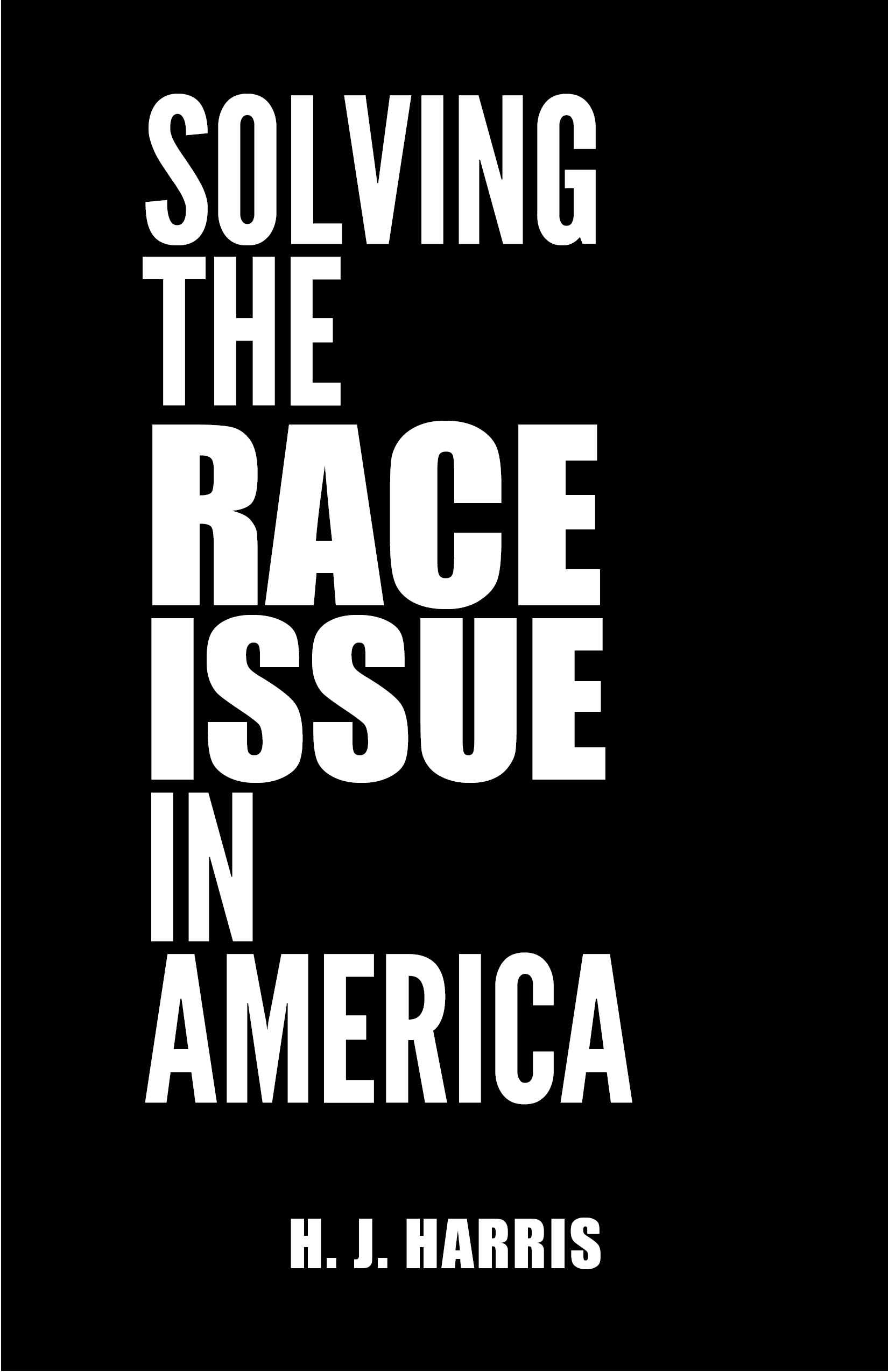By H. J. Harris, author of “Solving the Race Issue in America.”
The death of Supreme Court Justice Ruth Bader Ginsburg focuses our attention on the desire by some Americans to turn back the clock on race relations, health care, women’s right to choose, global warming and a host of progressive initiatives.
Justice Ginsburg anticipated the importance of these issues in one of her final statements: “My most fervent wish is that I will not be replaced until a new president is installed.”
The push to appoint a conservative Supreme Court Justice before the upcoming presidential election is confirmation that a certain segment of the public and a group of political leaders desire to turn back the clock to an America of the past – a conservative America – that practiced segregation and discrimination, voter suppression, inequitable health care, illegal abortions, and worship profit, power and pleasure.
For the last twenty years, certain citizens and politicians have been preaching a philosophy of conservatism – often couched it in vague, sometimes patriotic, or religious connotations and symbolism.
They speak of conservatism as a return to values and tradition.
What values? What traditions? Is this what “make America great again” implies?
With this looming thrust to appoint a conservative Supreme Court Justice, these values and traditions are abundantly clear. They desire to tip the balance of the judicial power of the Supreme Court to a more conservative position,
Throughout the history of America, the decisions of the U.S. Supreme Court have reflected the moral, ethical and spiritual values of the individual Justices projected through the power dynamics of those in charge.
A conservative Justice operating in a conservative power dynamic such as the U.S. Senate, will with rare exceptions, reflect and interpret the laws in accord with that conservative power dynamic.
Consider the history of the Supreme Court. In our book, “Solving The Race Issue In America,” we provide an overview of U.S. Supreme Court decisions on the everyday lives of Americans – particularly black Americans. (www.solvingtheraceissue.com}
In the 1857 case, Dred Scott v. Sandford, 60 U.S. 393, the U. S. Supreme Court affirmed the conservative tradition of slavery, ruling that black people had no rights that a US Court was bound to respect.
A firestorm created by the Dred Scott decision would soon explode into the Civil War.
The Supreme Court again took the conservative approach in Plessy v. Ferguson, 163 U.S 537 (1896) where the constitutionality of the racial segregation laws in public facilities was upheld.
The impact of Plessy v. Ferguson manifested as segregation, black laws, voter suppression, discrimination in public places that persisted for at least 56 years – until Brown v. Board of Education of Topeka, KS, 347 U.S. 483 (1954).
History demonstrates that the decisions of the U.S. Supreme Court have long term effects on the laws, the people and the culture.
A Supreme Court dedicated to the conservative agenda will promote the values and traditions of the past and perpetuate the racial, economic, and spiritual divisions that have plagued this nation since its inception.
What does it show about our leaders – about our country?
The republican leadership in March 2016 refused to give a hearing to Court of Appeals Judge Merrick Garland, President Obama’s nominee to fill the vacancy created by the death of Supreme Court Justice Antonin Scalia.
The explanation by republican leadership at the time – nearly eight months before the 2016 presidential election – was that “It was important for the Senate to ‘give the people a voice in the filling of this vacancy’ by waiting until the new president took office.”
With less than 40 days to the 2020 presidential election, amid political and social unrest and a pandemic that has killed over 200,000 Americans, the republican leadership is now willing to immediately push through the nomination of a conservative Justice to the U. S. Supreme Court.
Considering the racial divide and the shallow, hypocritical excuses given by republican senators for changing their position on Supreme Court appointments, a reasonable person must consider the racial implications of their actions, and the conservative agenda they are promoting.
Senate republicans may have the power to push a conservative nominee through the process before the 2020 election. But, does the exercise of that power serve to further divide us as a nation?
Even the great Ray Charles could see that pushing this nomination through pours gasoline on the flames of discord that threaten the future of America.
Is it the goal of republican senators to push a conservative agenda that promotes division: until black people “learn their place,” women learn “their duty,” healthcare is a privilege, and the environment is open for thoughtless exploitation?
If this conservative agenda is more important than the righteous agenda of millions of law-abiding Americans who are not leftist, socialist, or anarchists – who believe in God and the Golden Rule – then, I ask that the republican leadership to reconsider their position.
America is at the crossroads of conscience, truth, justice and destiny.
We can continue to close our eyes and perpetuate the divisions and evils of the past.
Or, we can together acknowledge the truth and move forward as one people to that more perfect union envisaged by the founding fathers.
The fate of America is not in our stars, but in our hands.
Herbert (H. J.) Harris is a retired attorney and author of “Solving the Race Issue in America.” He attended the 1963 March on Washington and experienced the Civil Rights era of the 1950’s and 1960’s. More information at
https://solvingtheraceissue.com
Contact: 800-570-4009 [email protected]


